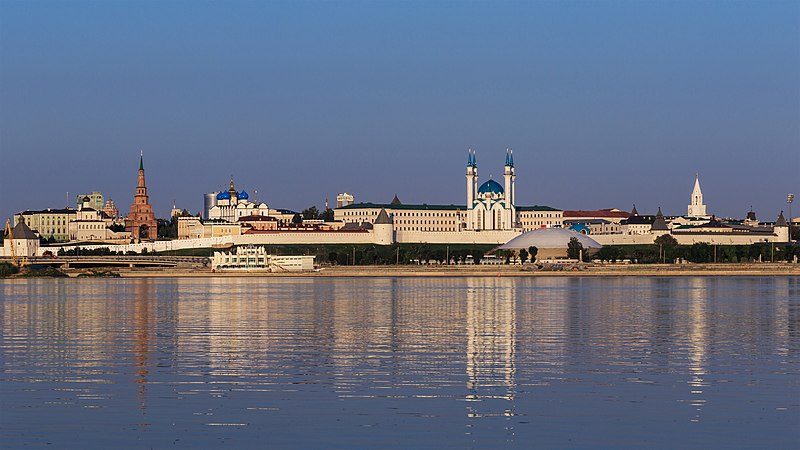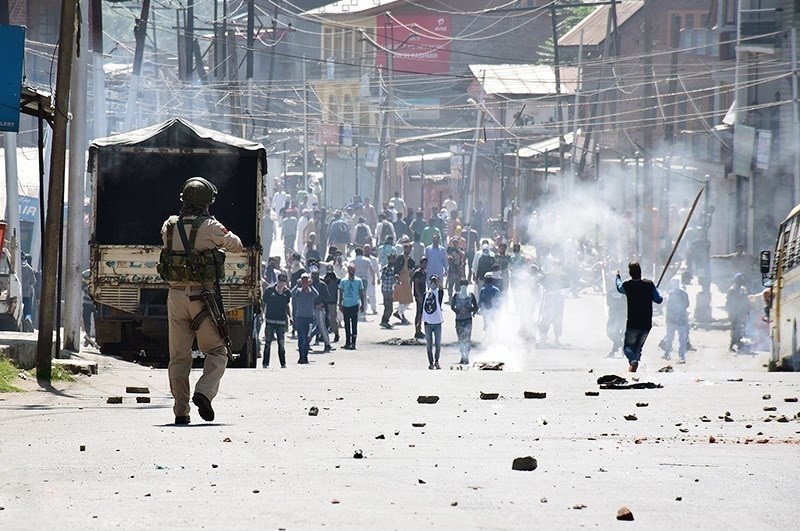The period under review focused on the latter half of ultra-conservative President Jair Bolsonaro’s four-year term in office, during which democracy faced a concrete stress test. While there was relief when former President Lula and a broad coalition successfully thwarted Bolsonaro’s re-election in 2022, Bolsonarismo remains deeply rooted in Brazilian society and politics.
Brazil’s economic situation has not fundamentally changed. It performs relatively weakly in terms of competition policy, liberalization of foreign trade, private property, financial system and monetary stability. While economic performance has slightly improved, the education sector has suffered particularly from government policies.
Over the past two years, overall governance has continued to deteriorate, affecting policy prioritization and implementation. Budget cuts and the appointment of ideological followers disrupted resource use and corruption intensified. Bolsonaro’s government also deepened political rifts, restricted civil society participation and neglected reconciliation with political opponents. Increased militarization caused international concern, eroding much of Brazil’s international credibility.

